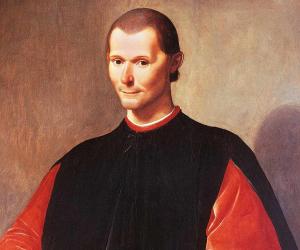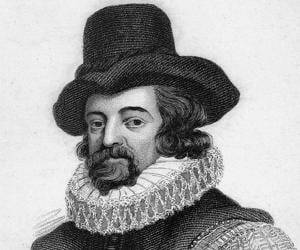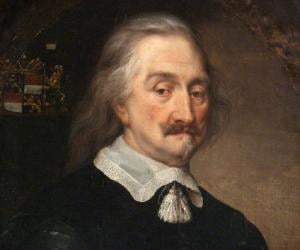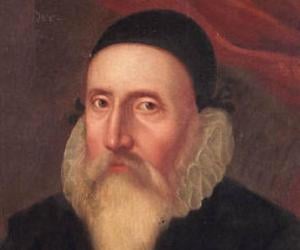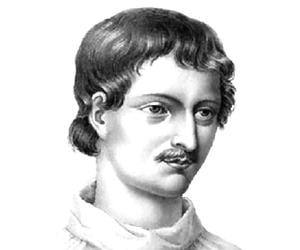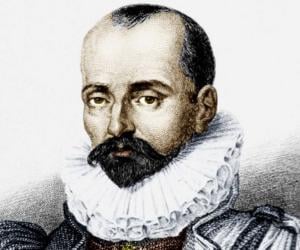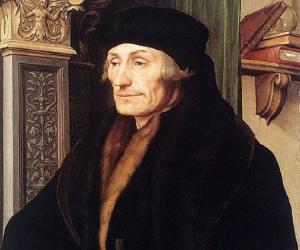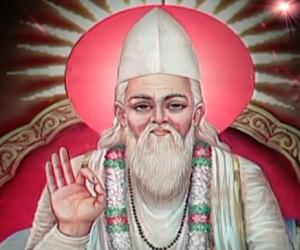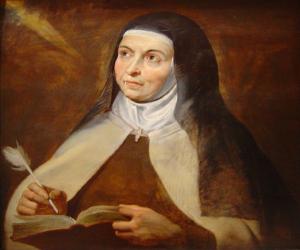Francis Bacon was a Renaissance philosopher and author who was known as the Father of Empiricism, because of his belief in the scientific method and theory that scientific knowledge can only be created through inductive reasoning and experience. He was later knighted and served as the first Queen's counsel.
Thomas Hobbes was an English philosopher. Widely regarded as the co-founder of modern political philosophy, Hobbes is best known for his influential book Leviathan. Apart from political philosophy, Thomas Hobbes also contributed immensely to various other fields, such as ethics, theology, geometry, history, and jurisprudence.
Anglo-Welsh mathematician, occultist, astronomer, teacher, astrologer and alchemist John Dee is best-remembered as advisor to Queen of England, Elizabeth I. Dee coined the term British Empire and advocated its formation by founding of English colonies in the New World. He had one of the largest libraries in England at the time and wrote on astrology, geography, trigonometry, navigation and calendar reform.
Giordano Bruno was an Italian philosopher, friar, mathematician, cosmological theorist, poet, and Hermetic occultist. Best remembered for his cosmological theories, Bruno insisted that the universe could have no center as it is infinite. In 2004, Herbert Steffen founded the Giordano Bruno Foundation in Bruno's honor.
French philosopher Michel de Montaigne was a significant figure of the French Renaissance in the 16th century. He is credited for popularizing the essay as a literary genre. His massive collection of essays was published in the volume Essais. His work had a direct influence on Western writers, including René Descartes, Francis Bacon, Blaise Pascal, and Voltaire.
Born as an illegitimate child of a priest from Rotterdam, Desiderius Erasmus later grew up to be a significant figure of the northern Renaissance. He is remembered for his research on free will and for being the first to edit the New Testament, replacing traditional elements with new-age humanism.
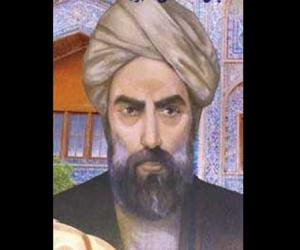
Mulla Sadra was a Persian Twelver Shi'i Islamic mystic and philosopher. He was also an Alim who led the Iranian cultural renaissance in the 17th century. He is considered one of the most influential philosophers in the Muslim world in the last four hundred years. He tried to prove the idea of Unity of Existence through his works.
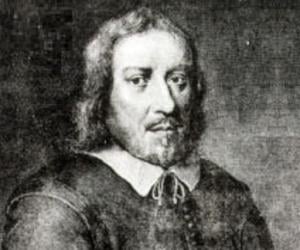
German mystic and philosopher Jakob Böhme is best remembered for his works such as On the Election of Grace and Mysterium Magnum. While he was initially a shoemaker’s apprentice, he later focused on studies on mysticism and free will. He inspired both German idealism and romanticism greatly.
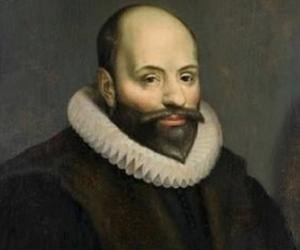
Dutch theologian and professor Jacobus Arminius opposed the orthodox Calvinism of his time and introduced a new system, known as Arminianism, in response. He is remembered for his Opera theologica, published posthumously, and for paving the path for the growth of Methodism in the West.
Kabir was an Indian saint and mystic poet whose works influenced Hinduism's Bhakti movement, which in turn played a key role in the formation of Sikhism, the fifth-largest organized religion in the world. Kabir is an important figure in both Hinduism and Islam and his legacy continues to live through a religious community known as the Kabir panth.
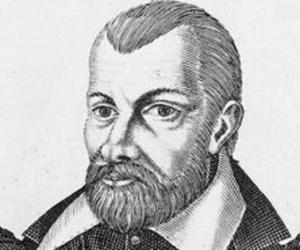
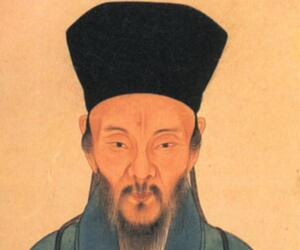
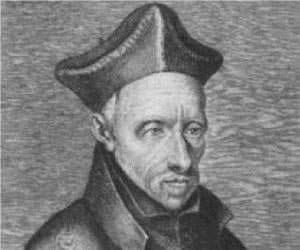
Spanish Jesuit priest, philosopher, and theologian Francisco Suárez was born to an affluent lawyer and had initially studied law. However, he joined the Jesuits later, following which he taught philosophy and theology. Known for writing Disputationes Metaphysicae, he was a prime figure of the School of Salamanca movement.
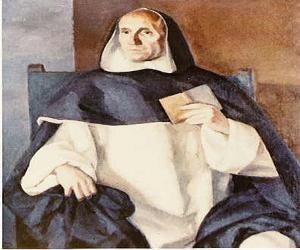
Francisco de Vitoria was a Spanish Roman Catholic theologian, philosopher, and jurist of Renaissance Spain. He founded the School of Salamanca, a tradition in philosophy. He made tremendous contributions to the theory of just war and international law. His works have been interpreted by various scholars to support contrary policies. He taught at the universities of Valladolid and of Salamanca.
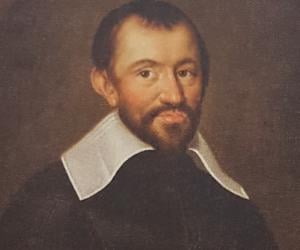
French Catholic priest and astronomer Pierre Gassendi is remembered for his efforts to reconcile atomism with Christian ideals and for his anti-Aristotelianism. His studies included research on Epicurean philosophy. Apart from observing the transit of Mercury, he also studied the speed of sound and horizontal momentum.
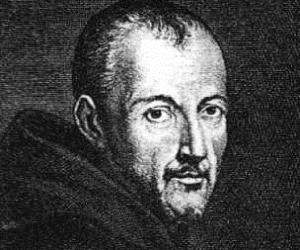
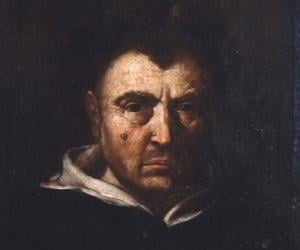
Tommaso Campanella was an Italian Dominican friar, philosopher, astrologer, and poet. His heterodox views often brought him into conflict with the authorities, and he was imprisoned for several years. In prison, he wrote The City of the Sun, a utopia describing an egalitarian theocratic society. He also defended astronomer Galileo Galilei in his first trial.

Shaykh Ahmad Sirhindi was an Indian Islamic scholar. A member of the famous Naqshbandī Sufi order, Sirhindi was widely known as a reviver for his work in resurrecting Islam during Mughal Emperor Akbar's reign. He is also remembered for his contributions to Sufi practices and epistemology. There is a shrine named Rauza Sharif dedicated to Sirhindi in Sirhind, Punjab, India.
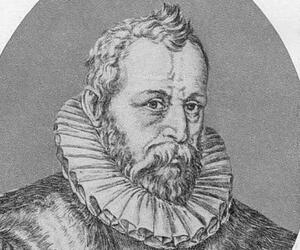
Belgian scholar Justus Lipsius chaired history and philosophy at the University of Jena and was later associated with the universities of Leiden and Leuven. His works mostly revolved around the revival of Stoicism, which led to the Neostoicism movement. His best-known works include De constantia and Politicorum libri sex.
Teresa of Ávila, also known as Saint Teresa of Jesus, was a Spanish noblewoman who later turned into a Carmelite nun. She was posthumously named a Doctor of the Church. She co-established the Discalced Carmelite Order. Her written works include The Interior Castle and her own autobiography.
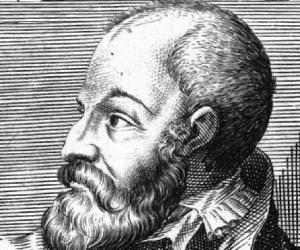
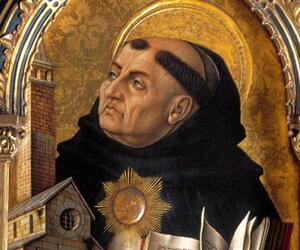

Gemma Frisius introduced the triangulation method for map-making, that is still an integral part of surveys these days. He also created detailed globes and mathematical instruments and was a co-founder of the Netherlandish school of cartography. He also released the first published drawing of a pinhole camera obscura.

Baha' al-din al-'Amili was an Arab Iranian Shia philosopher, Islamic scholar, architect, astronomer, mathematician, and poet who flourished in Safavid Iran during the late 16th and early 17th century. Baha' al-din al-'Amili was one of the first astronomers in the Islamic world to advocate the possibility of the Earth's movement before the outspread of the Copernican theory.
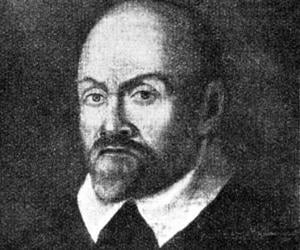
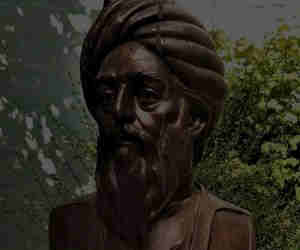
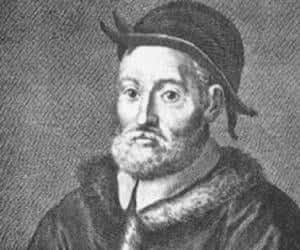
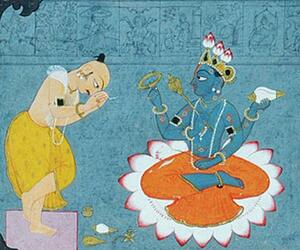
Along with his brother Sanatana Goswami, Rupa Goswami had arrived in Vrindavan as a servant of spiritual leader Lord Chaitanya, who is considered an incarnation of Lord Krishna. A Gaudiya Vaishnava philosopher, he wrote on the science of rasa-tattva. His followers are known as Rupanugas.
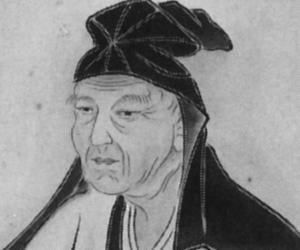
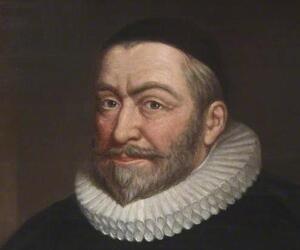
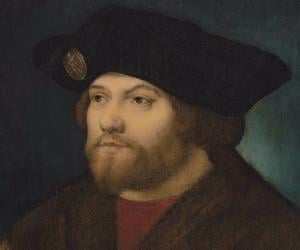
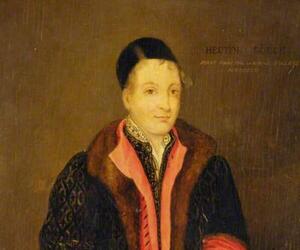
Hector Boece was a Scottish historian and philosopher best remembered for his role as the first principal of King's College, a precursor of the University of Aberdeen, where he often delivered lectures on divinity and on medicine. He is also remembered for his books, History of the Scottish People and Lives of the Bishops of Murthlack and Aberdeen.

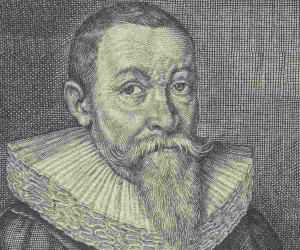
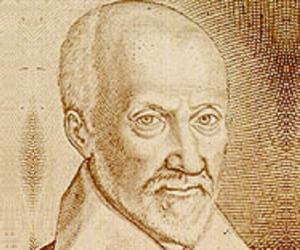
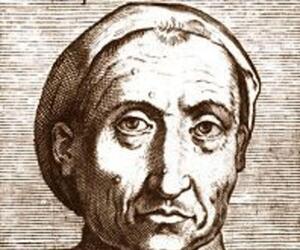
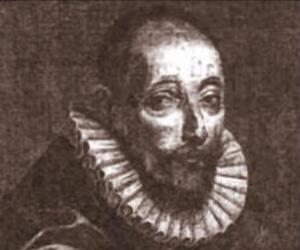
Francisco Sanches was a skeptic, philosopher and physician, best known for his 1581 skeptical work, Quod nihil scitur (That Nothing Is Known). Born in Spain and educated in France and Italy, he served as a professor of philosophy and medicine at the University of Toulouse, publishing several other works, which are believed to have influenced eminent philosophers like René Descartes.
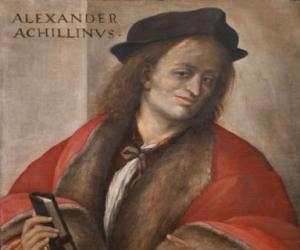

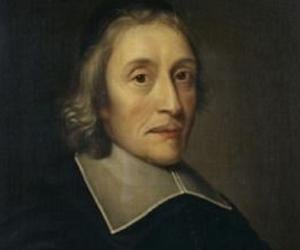

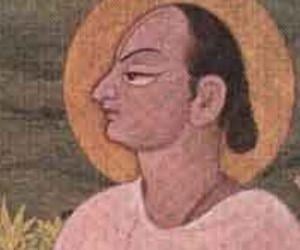
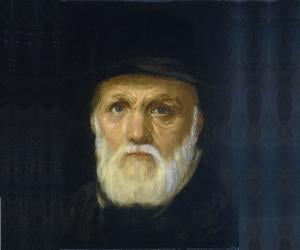
Dirck Volckertszoon Coornhert, or Theodore Cornhert, was the man who introduced Humanism in Dutch literature. Known for works such as Liedekens, De wellevenskunste, and Comedie van Israël, he was an engraver in Haarlem and also worked for the city’s government. He also created the manifesto of William the Silent, Prince of Orange.
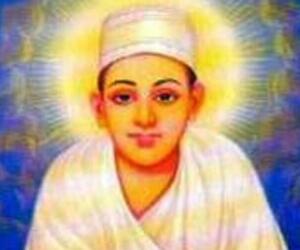
Legend has it that Dadu Dayal was found floating in the Sabarmati river by a rich businessman named Lodhi Ram. Dadu initially worked as a cotton carder but later became a religious preacher who rejected Vedic superiority and caste barriers. He founded Dadu Panth and wrote countless devotional hymns.
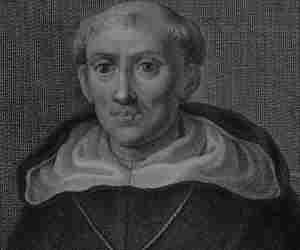

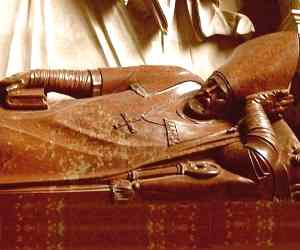
Polish bishop and philosopher Wawrzyniec Grzymała Goślicki is best remembered for his Latin book De optimo senator, or The Accomplished Senator, dedicated to King Sigismund II Augustus, whom he served. The book not only showcased Poland’s democratic and social systems but also influenced the formation of the 1791 Polish Constitution.
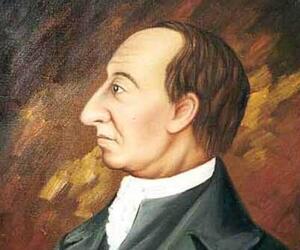
Robert Balfour was a Scottish philosopher best remembered for his association with the College of Guienne, where he served as the principal for many years. He is credited with popularizing the praefervidum ingenium Scotorum throughout Europe. A copy of his best known work Commentarii in Organum Logicum Aristotelis is preserved in the British Museum.

